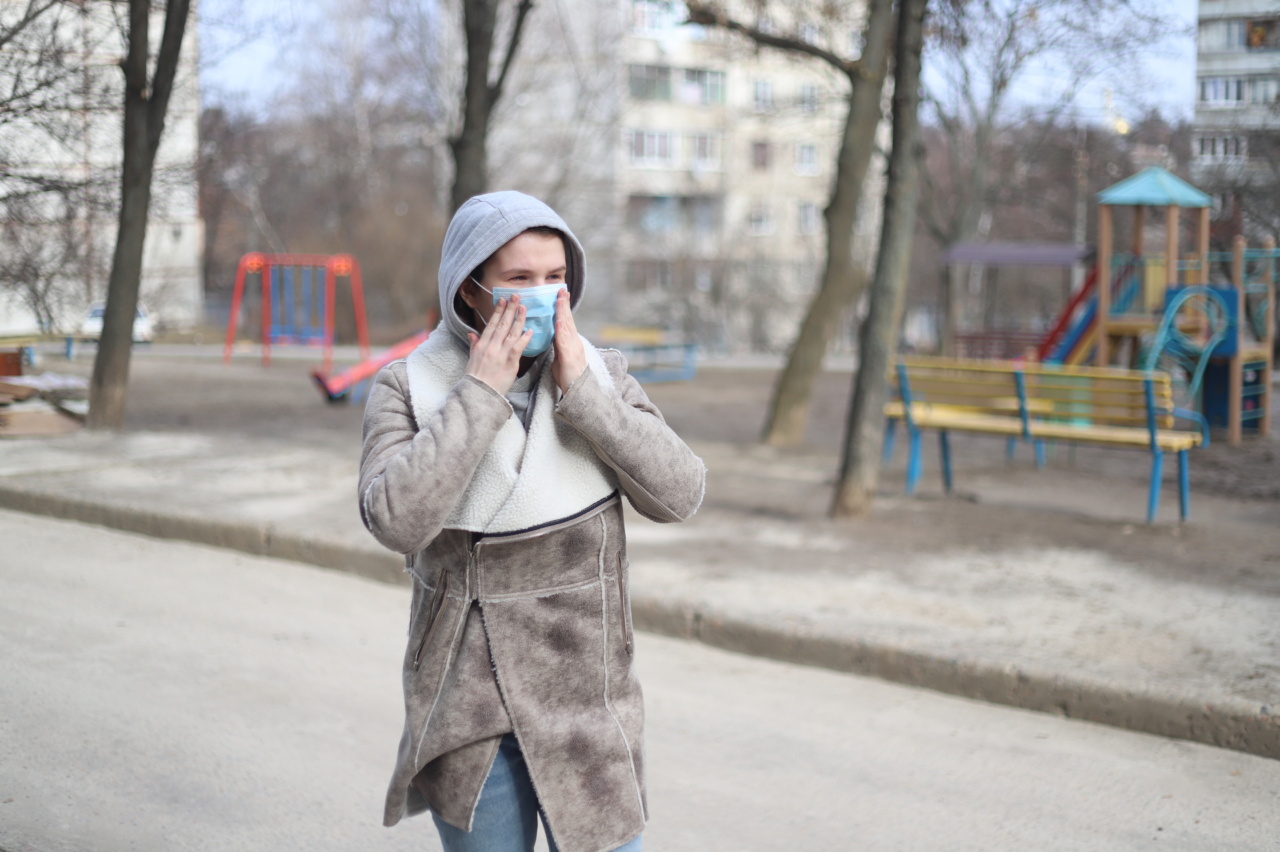Winter is a season that brings its own set of unique challenges when it comes to maintaining good health.
With colder temperatures, decreased sunlight, and the spread of viral infections, it is important to take proactive measures to prevent winter illness. By understanding the three primary risk factors associated with winter illnesses, you can better protect yourself and your loved ones from falling ill during this time of the year.
The Role of Temperature
Cold temperatures during winter can have a significant impact on your health. Prolonged exposure to low temperatures can weaken your immune system, making you more susceptible to infections.
It is crucial to dress appropriately and layer up when going outdoors to minimize the risk of hypothermia and frostbite. Additionally, ensure your home is properly insulated and maintain a comfortable indoor temperature to avoid unnecessary exposure to extreme cold.
The Effect of Decreased Sunlight
With shorter days and longer nights, winter brings a decrease in sunlight exposure. This reduction in sunlight can have various effects on our bodies. One of the primary consequences is a decrease in vitamin D levels.
Vitamin D plays a crucial role in maintaining our immune system and overall health. To combat this deficiency, it is important to spend time outdoors during daylight hours, even on cloudy days. If necessary, consider taking vitamin D supplements under the guidance of a healthcare professional.
Increased Viral Infections
Winter is notorious for the prevalence of viral infections such as the common cold, flu, and respiratory syncytial virus (RSV). The cold and dry air during winter allows these viruses to survive longer and spread more easily.
Additionally, spending more time indoors and in closer proximity to others increases the likelihood of transmission. To reduce the risk of viral infections, it is important to practice good hand hygiene, avoid close contact with individuals who are sick, and consider getting vaccinated against the flu.
Preventive Measures
While the three primary risk factors discussed above contribute to the increased prevalence of winter illnesses, there are several preventive measures you can take to safeguard your health:.
1. Wash Your Hands Frequently
Regularly washing your hands with soap and water for at least 20 seconds can significantly reduce the risk of contracting and spreading viral infections.
Pay attention to commonly touched surfaces, such as doorknobs and light switches, and ensure they are clean and disinfected regularly.
2. Practice Respiratory Etiquette
Cover your mouth and nose with a tissue or your elbow when coughing or sneezing to prevent the spread of respiratory droplets that may contain viruses. Dispose of used tissues properly and wash your hands afterward to maintain good respiratory hygiene.
3. Stay Active and Exercise Regularly
Engaging in regular physical activity can help boost your immune system and improve overall health. Take advantage of indoor exercises, such as yoga and home workouts, to stay active during the winter months.
If weather conditions permit, outdoor activities like skiing or ice skating can be excellent options for enjoying the season while staying fit.
4. Eat a Balanced and Nutritious Diet
A well-balanced diet rich in fruits, vegetables, whole grains, and lean proteins provides essential nutrients to support your immune system. Include foods high in vitamin C, such as citrus fruits and leafy greens, to help ward off winter illnesses.
5. Stay Hydrated
Proper hydration is crucial for maintaining optimal health, even during the colder months. Drink an adequate amount of water daily to ensure your body stays well-hydrated.
Cold weather can cause dehydration, so be sure to monitor your water intake closely.
6. Get Sufficient Sleep
Adequate sleep is vital for a strong immune system. Aim for seven to eight hours of quality sleep every night to optimize your body’s defense against illnesses.
Establish a bedtime routine and create a sleep-friendly environment to ensure a restful night’s sleep.
7. Keep Indoor Spaces Well-Ventilated
Proper ventilation helps reduce the concentration of airborne contaminants and improves indoor air quality. Open windows periodically to allow fresh air to circulate and use air purifiers or humidifiers to maintain a healthy indoor environment.
8. Seek Medical Assistance if Needed
If you develop severe symptoms of winter illness or are at a higher risk of complications, seek medical assistance promptly. Early intervention and treatment can make a significant difference in your recovery.
9. Consider Getting Vaccinated
Consult with your healthcare provider about getting vaccinated against the flu. Flu vaccines are updated every year to target the most prevalent strains, and they can significantly reduce the risk and severity of flu-related illness.
10. Practice Self-Care
Lastly, prioritize self-care during the winter months. Manage stress levels, engage in activities that bring you joy, and maintain a positive mindset.
Nurturing your mental and emotional well-being plays a vital role in supporting your overall immune health and preventing illnesses.






























